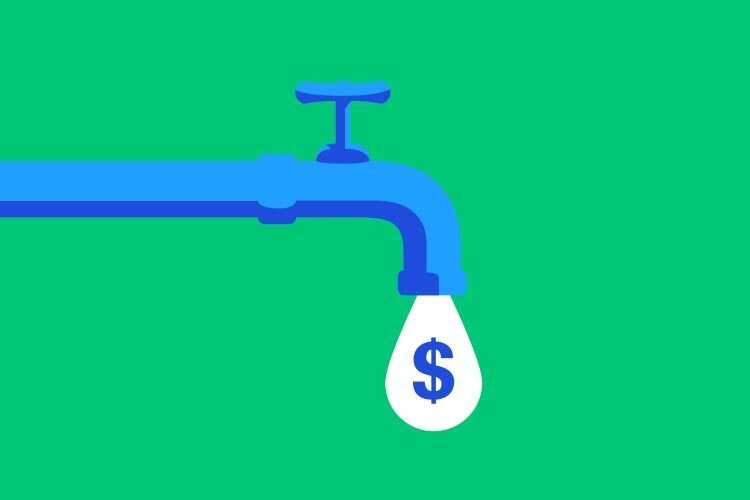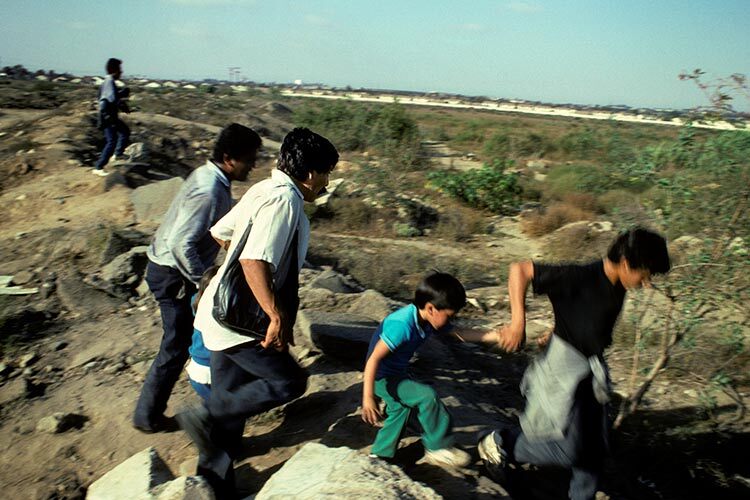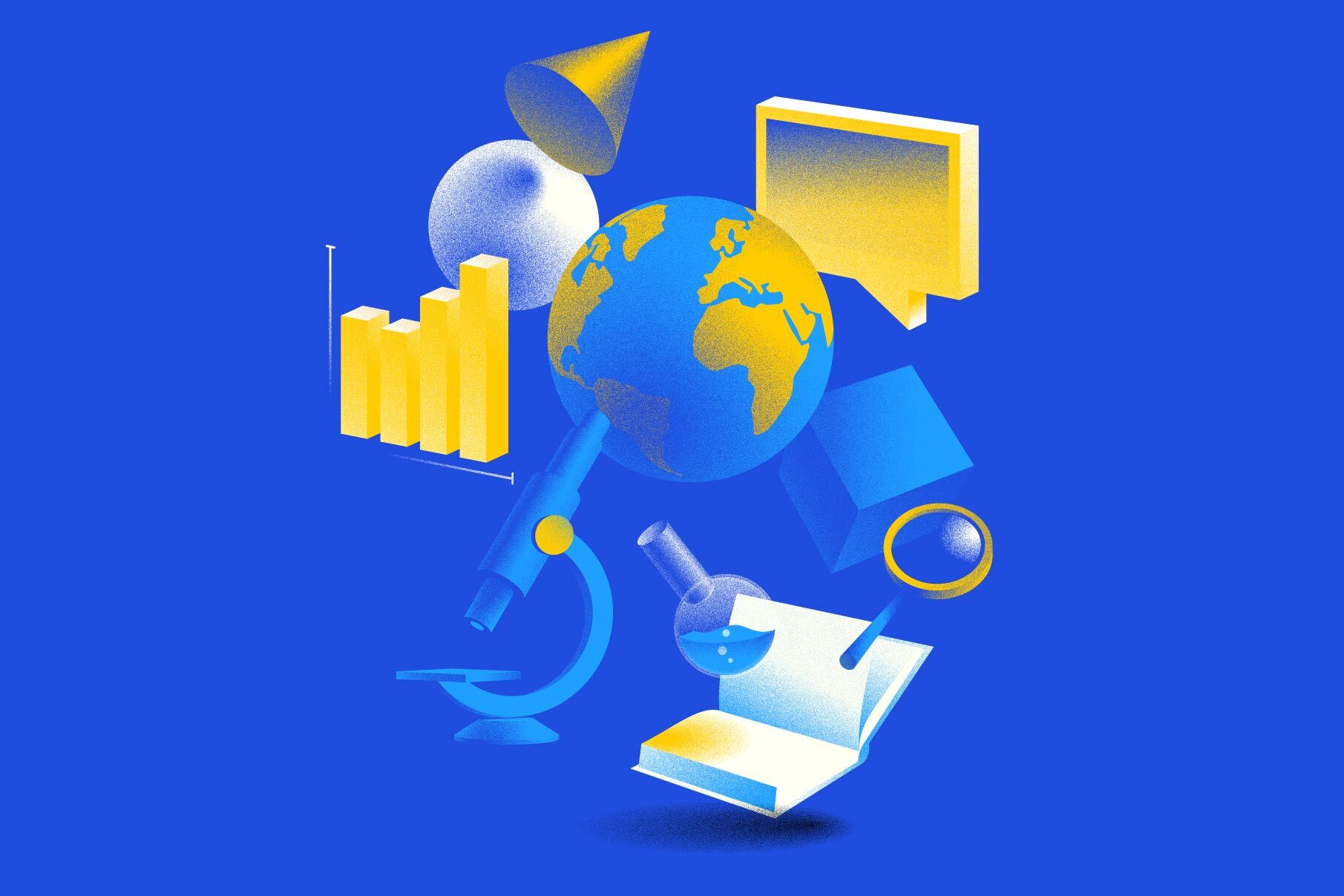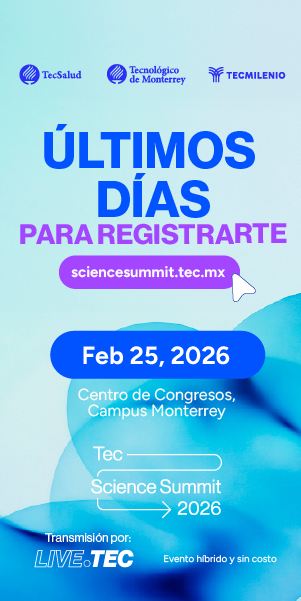Between two and three billion people around the world experience water scarcity for at least one month per year. These shortages are expected to worsen in the coming decades, especially in cities, according to the United Nations Educational, Scientific and Cultural Organization (UNESCO).
In its 2023 World Water Development Report, it reported that 26% of the world’s population do not have access to safely managed drinking water and 46% lack access to safely managed sanitation.
The consequences of this crisis include a lack of food security for communities who do not have access to clean water, an increase in diseases, primarily gastrointestinal ones, and a growing incidence of droughts worldwide.
Some of the solutions proposed by UNESCO include international cooperation, partnerships between governments, businesses, and activists, as well as participation by the general population. As part of this agenda, the United Nations 2023 Water Conference took place from March 22 to 24, 2023, in New York.
In an interview with TecScience, Lorena Guillé, Executive Director of the FEMSA Foundation, reflected upon what was learned at this event, which she attended with the “Waves Of Change” proposal to bring Latin America to the forefront of the discussion about the global water crisis.
“We have 30% of the world’s drinking water in Latin America yet 160 million people lack access to it. So, the big question is what are we doing and are we headed in the right direction? We believe that we have to pivot and change course”, she says.
During the conversation, Guillé recalled that the FEMSA Foundation and Tec de Monterrey founded the Water Center for Latin America and the Caribbean 15 years ago. “It was the first project the foundation established,” she says.
Waves of change
Both institutions promoted the construction of the E2 parking lot at the Tec’s Monterrey campus, a sustainable facility whose rainwater harvesting system means it can be disconnected from the city’s water system for up to four months.
The water makes it possible to keep the parking lot clean and to share the resource with the facility’s commercial premises, restrooms, and plants.
“Collaborating with Tec de Monterrey has given us the opportunity to enable the vision we have at the foundation of promoting scalable solutions through research, entrepreneurship, innovation, and this commitment to human flourishing,” she explains in this conversation.
How important is the region to this water crisis?
It is clear that we are experiencing a global water crisis. Scarcity and pollution of supplies have produced a major crisis, compounded by the effects of climate change. As a society, we are facing major challenges.
How is the situation in Latin America different compared to other countries?
Latin America is the most unequal region in the world and also the most violent. Taking care of water is taking care of a source of inequality and violence.
It is the region with the highest population density in the world, but it is a region that is not yet being discussed on the global water action agenda, compared to other regions such as Africa and South Asia. There is a need to bring the region to the forefront of the agenda to attract investment.
At the same time, it is a very vibrant region, where entrepreneurship is emerging in a very lively way. There is potential for new leadership and solutions.
There is a very important conversation, which I would place above all others, which is the conversation about bringing the global South to the forefront and promoting a narrative to strengthen collaboration between these countries, the global South being Latin America, Africa, and Asia.
The pandemic made it clear that there is a significant difference between the global North and South. We must shift the conversation around how finances are managed to ensure that the South is more equitable, more resilient, greener, and more harmonious.
It is also very clear that we have things in common within Latin America, and we can transfer learning between regions.
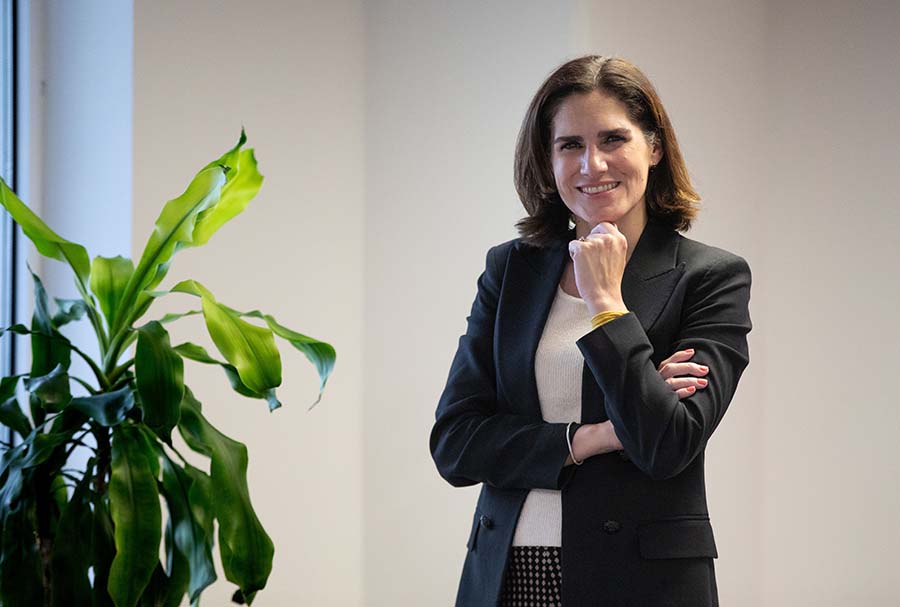
When there is no water…
What should society do to help solve this crisis?
The premise is that we are all interconnected. When there is no water, we will all suffer.
We need to understand that working on water implies, without a doubt, working on biodiversity and climate change at the same time. We need forward-looking systemic thinking to understand how we are going to respond to the future that lies ahead, and that is quite complex. We have to deal with these three issues in a cross-disciplinary way: biodiversity, water, and climate change.
Some platforms are already emerging to channel resources. It’s not that there is no money, but that they have to address humanity’s most pressing problems, because we’re already talking about the survival of species. Global warming is real.
Here at the FEMSA Foundation, we are promoting governance mechanisms and creating water funds, which are like startups to create multi-sector governance mechanisms locally, where people from the government, businesses, social organizations, activists, and others [stakeholders] participate to identify that city’s specific need and begin mapping out action plans.
We have another behavior change project in Nuevo León, together with the World Resources Institute (WRI) and a team of behavior change experts coming from different universities, including Harvard and Tec de Monterrey. It’s a very big commitment at the civic level to us all becoming part of this water saving culture and reducing water consumption.
We have to open up a channel for conversation, because water has to be high on everyone’s agenda, whether they have a crisis or not. The Monterrey community is very sensitive because we had a very serious crisis. It would appear that this year’s rains are going to mitigate the drought and that this summer won’t be as critical as last year’s. However, cities such as Mexico City and Guanajuato are on the list of imminent droughts.
Proposals to tackle the crisis
Why is FEMSA attending the World Water Conference?
This conference is very important because it’s being resumed after 45 years, and it’s the first to not just be open to member states but to other stakeholders in society.
Over the course of this conference, which included over 1,700 events, the FEMSA Foundation put together a series of talks and conversations that we called “Waves of Change,” with the aim of bringing Latin America to the water action agenda and highlighting a community that is working on this, as well as listening to what Latin America can contribute.
We also promoted commitments that can transform the future of the region over the coming years. These range from how we are mobilizing capital to how we are integrating the world of entrepreneurship into creating new solutions, where major innovations are happening.
We presented Source of Innovation, a financial vehicle that we [FEMSA Foundation] put together along with the Inter-American Development Bank, the Swiss government’s Secretariat for Economic Affairs, the Korean government, and the Israeli government.
We found that there is very heavy investment in incubating solutions and low levels of investment in scalable solutions. So, what the project aims to do precisely is to close this gap, making more investments in scalable solutions, but also connecting key stakeholders in this region.
We are already participating in 40 projects throughout the region and a water network is beginning to take shape.
There is another commitment that we have made, and we have called on partners who share this vision of taking action for water security to invest another 5 dollars for every dollar that we invest.
Another project we had was the inauguration of an art installation created by Spanish artist and New York resident Inma Barrero. It was a fantastic experience because the creation, which is called “Be the drop that shapes the wave,” is a work of art that was co-created by over 100 people, or agents of change, including children, young people, students, and workers from different countries, also including FEMSA employees, who were interviewed and who participated in co-design workshops on the art piece.
Through the methodology of social art, all these people were asked to reflect on what water means to them and why it is important. 8,000 little beads were made through this process of introspection and guidance through art on the reality of the water crisis and how everyone is a part of it, each one representing a drop of water and containing the intention of each person [to solve this crisis].
